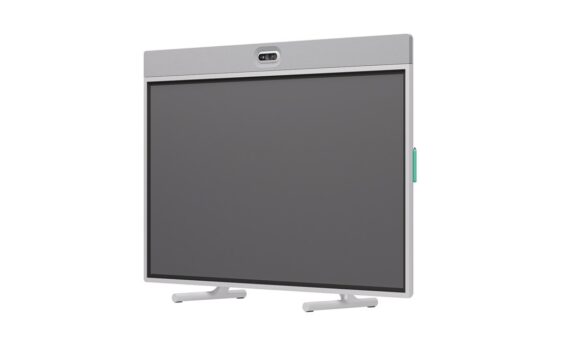Understanding and keeping pace with what drives people to purchase products online is critical to succeeding in an increasingly digital world. A new report by KPMG analyzes the online shopping preferences and behaviors of more than 18,000 consumers in 51 countries, including the UAE.
“Today’s consumer no longer goes shopping, but is shopping, all the time and everywhere. They can now buy from any retailer or manufacturer from anywhere in the world – even from retailers with no physical presence.” comments Anurag Bajpai, a partner with KPMG and the Head of Retail in the UAE and Oman. “Hence, creating an online shopping experience is becoming more vital – and more complex – every day.”
While survey respondents globally averaged 17 purchases per year, there were interesting differences between different demographic group. Generation X consumers, born between 1966 and 1981, averaged nearly 19 transactions per person per year, and they had made more online purchases in the past 12 months than any other age group – including tech-savvy Millennials, born between 1982 and 2001. In fact, the survey revealed that Baby Boomers, born between 1946 and 1965, shop online just as frequently as Millennials and spend more per transaction than the younger consumers – although this is likely to change as Millenials age and their disposable incomes increase.
KPMG’s survey suggests that e-commerce is not an online-only affair – the purchase trigger is created by both online and offline touch points. Anurag points out that 52 percent of consumers cited at least one offline channel as a source of initial awareness, and 59 percent cited one or more online channels.
Both online and offline channels create consumer awareness and demand, especially when used together. Despite the rise of online shopping, ecommerce still makes up a relatively small percentage of total retail spending globally and a even smaller percentage of the spend in the UAE. But this does not mean that the power of online channel can be ignored – it is the fastest growing segment of the retail sector in the UAE. UAE retailers need to evolve their strategies by expanding their offerings online – a trend that is already seen in more developed markets.
The number one reason that consumers said they shop online is for the convenience of shopping at any hour on any day (cited by 58 percent as a top reason). This is followed by having the ability to compare prices (54 percent), or to find better deals (46 percent). When asked what is most important when deciding where to buy an item online, consumers were most likely to buy from the website with the lowest price they could find (57 percent) followed by websites with enhanced delivery options (43 percent) or easy return policies (40 percent).
When it came to earning trust, consumers said that protecting their data and information was most important (63 percent). While most companies are, of course, making a concerted effort to protect their customers’ personal information, frequent media reports on data breaches around the world continue to make consumers anxious and keep the issue top of mind.
Excellent customer support was the number one loyalty-earning attribute, cited by 65 percent of the respondents. The second-most successful loyalty strategy was providing exclusive promotions and offers (cited by 45 percent), followed by loyalty or membership programs (37 percent). Younger consumers tend to be more loyal to companies that offer personalized interactions such as customized promotions, anticipation of needs and other interactive experiences, as well as concierge services.
Vikrant Rohatgi, who is the head of KPMG’s Deal Strategy function in the UAE and Oman, notes: “While excellent consumer support, loyalty offers and membership programs will continue to be important, Millenials, who will make up the largest proportion of consumers over the next decade, are likely to demand personalized services and one-on-one engagement – something that UAE retailers need to start planning for now.”
The average ticket size for UAE online shoppers is the highest globally in the survey at $332, although UAE consumers shop less frequently online than the global average, suggesting further room for growth and adoption. Anurag also points out that 58 percent of the products purchased online by UAE consumers were sourced from outside the region, far higher than the global average. This would indicate that there could be considerable online opportunities for local retailers.
While UAE consumers tend to take longer to make purchases, purchases using smartphones is quickly becoming a preferred option. UAE online consumers tend to be more brand aware, while price is paramount in other global markets. Another interesting fact from the survey is that UAE consumers (45 percent) were more likely to share their feedback online after buying something, against a global average of 31 percent. Lastly, cash on delivery is one of the more popular modes of payment for UAE consumers, something they have in common with consumers in India and Russia.





